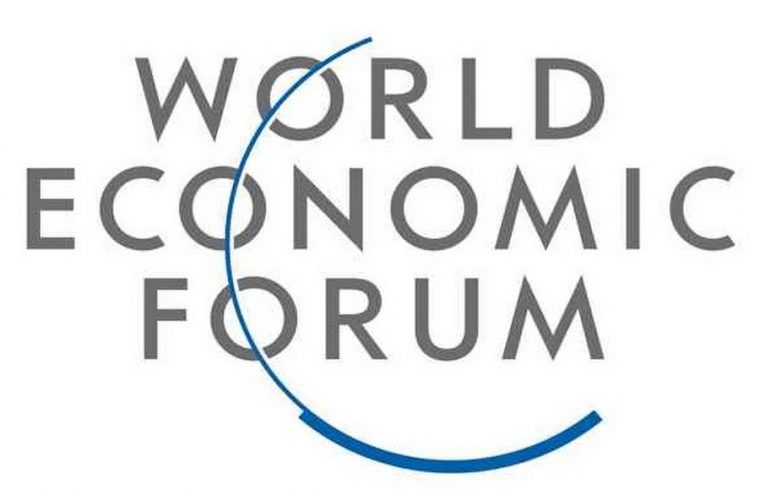- By encouraging the adoption of new technologies, Brazil aims to spur job creation, improve social mobility and enable a more competitive industrial sector.
- 130 small and medium-sized manufacturing companies will be the first to pilot a new policy approach developed by the World Economic Forum, Brazil’s Ministry of Economy and the State of São Paulo; an additional 2,000 companies will join by 2021.
- The World Economic Forum Global Technology Governance Network will leverage results of the pilot to progress the UN Sustainable Development Goals.
São Paulo, Brazil, 7 November 2019 – The Ministry of Economy and the State of São Paulo have partnered with the World Economic Forum to co-design new policies to help small and medium-sized enterprises (SMEs) keep up with the pace of technology changes in the Fourth Industrial Revolution.
SMEs represent 98.5% of companies in Brazil and more than 90% of all companies globally. In emerging markets, these companies are the primary drivers of economic opportunity and social mobility, creating seven out of 10 jobs, according to the World Bank. Unfortunately, these companies are struggling to embrace the Fourth Industrial Revolution. Research by Eurostat reveals that larger businesses (over 500 employees) are six times more likely to leverage Industrial IoT than SMEs.
Over the course of the last year, more than a dozen companies, governments, organizations and universities have collaborated with the World Economic Forum Centre for the Fourth Industrial Revolution to co-design an open-sourced policy toolkit.
The pilot programme being announced today will trial 11 specific policy interventions from the toolkit including: three policies that provide innovative financial support; three policies that give SMEs access to expert support; three policies that encourage industry collaboration; and two policies that build awareness and train employees for the Fourth Industrial Revolution. Led by the Ministry of Economy of Brazil and the State of São Paulo, the pilot will start with 130 small and medium-sized manufacturing companies in Brazil, with the aim to increase to 2,000 companies by 2021.
“Hopes for inclusive and sustainable economic growth hinge on our ability to help lift small and medium-sized enterprises into the Fourth Industrial Revolution,” said Jeff Merritt, Head of IoT, Robotics and Smart Cities at the World Economic Forum. “Governments have an opportunity to not only reduce barriers to adoption but also help position these companies for success in a rapidly evolving global economy.”
Patricia Ellen da Silva, Secretary of Economic Development for the State of São Paulo explained, “This project is the first time that we’ve brought together policy makers, academia and industry to align and work together on our Fourth Industrial Revolution policies. With SMEs making up more than 98% of companies in Brazil – and more than 90% globally – the need for these policies is urgent and the demand is immense.”
“Working with the Forum represents an important step forward in our goals of bringing the Fourth Industrial Revolution to SMEs in Brazil. This pilot project has allowed us to re-evaluate the policies implemented by the government so far and to channel our efforts to make a real impact in terms of productivity, workforce skills and willingness of SMEs to invest in emerging technologies,” stated Carlos Da Costa, Special Secretary for Productivity, Employment and Competitiveness for the Brazilian Ministry of Economy.
“Without proper industrial policies, Brazilian SMEs will be left behind in the new industrial revolution. This project, in partnership with the World Economic Forum and the Brazilian Ministry of Economy, is giving voice to these companies to understand their challenges and promote their inclusion in the digital economy,” said Marcia Matsubayashi, Partner at Deloitte Brazil and head of the consulting firm’s local technology practice. “Not only Brazil, but several other countries are facing similar challenges, and inequality will only increase if we do not build effective policies in the context of the Fourth Industrial Revolution.”












